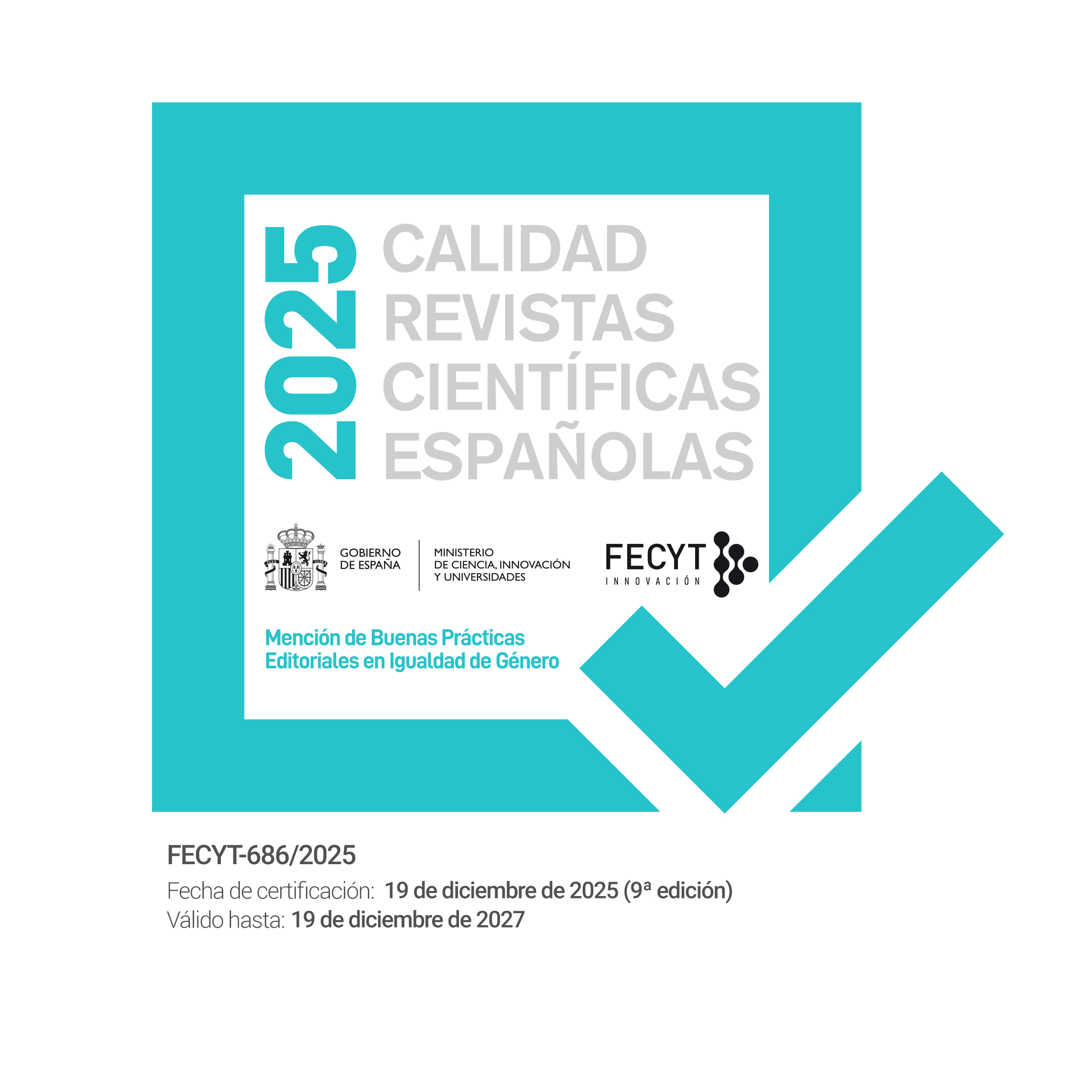Relaciones de la socialización con inteligencia, autoconcepto y otros rasgos de la personalidad en niños de 6 años
DOI:
https://doi.org/10.55414/s3ct8q61Resumen
Este estudio, en primer lugar, analiza las relaciones de la conducta social con iguales en contextos educativos con una serie de variables del desarrollo, tales como madurez intelectual, autoconcepto y otras dimensiones de la personalidad infantil. En segundo lugar el trabajo identifica variables predictoras de la adaptación social del niño en dichoámbito. La muestra se encuentra constituida por 135 niños de 6 años, 59 varones y 76 mujeres, de nivel socioeconómico y cultural medio, procedentes de cinco centros públicos y privados. La evaluación incluye 4 instrumentos que permiten medir diversos aspectos positivos y negativos de la conducta social con los iguales (BAS-1), inteligencia verbal y no verbal (BADYG), autoconcepto (PAI), y otras 13 dimensiones de la personalidad infantil, tales como estabilidad emocional, excitabilidad, dominancia, sensibilidad... (ESPQ). Los análisis correlacionales (Pearson) evidencian que los sujetos con buena
adaptación social muestran puntuaciones signifi cativamente altas en madurez intelectual global, verbal y no verbal, elevados niveles de autoconcepto, y tienden signifi cativamente
a caracterizarse por ser emocionalmente estables, perseverantes y respetuosos con las normas, poco excitables, confi ados y seguros de sí mismos, tranquilos y relajados. El
análisis de regresión múltiple permite identifi car como variables predictoras de buena adaptación social alta inteligencia no verbal y un carácter tranquilo y relajado.
Descargas
Los datos de descarga aún no están disponibles.
Descargas
Publicado
12/07/2004
Número
Sección
Artículos
Licencia

Esta obra está bajo una licencia internacional Creative Commons Atribución-NoComercial-SinDerivadas 4.0.
Cómo citar
Pérez Fernández, J. I., & Garaigordobil Landazabal, M. (2004). Relaciones de la socialización con inteligencia, autoconcepto y otros rasgos de la personalidad en niños de 6 años. Apuntes De Psicología, 22(2), 153-169. https://doi.org/10.55414/s3ct8q61



























